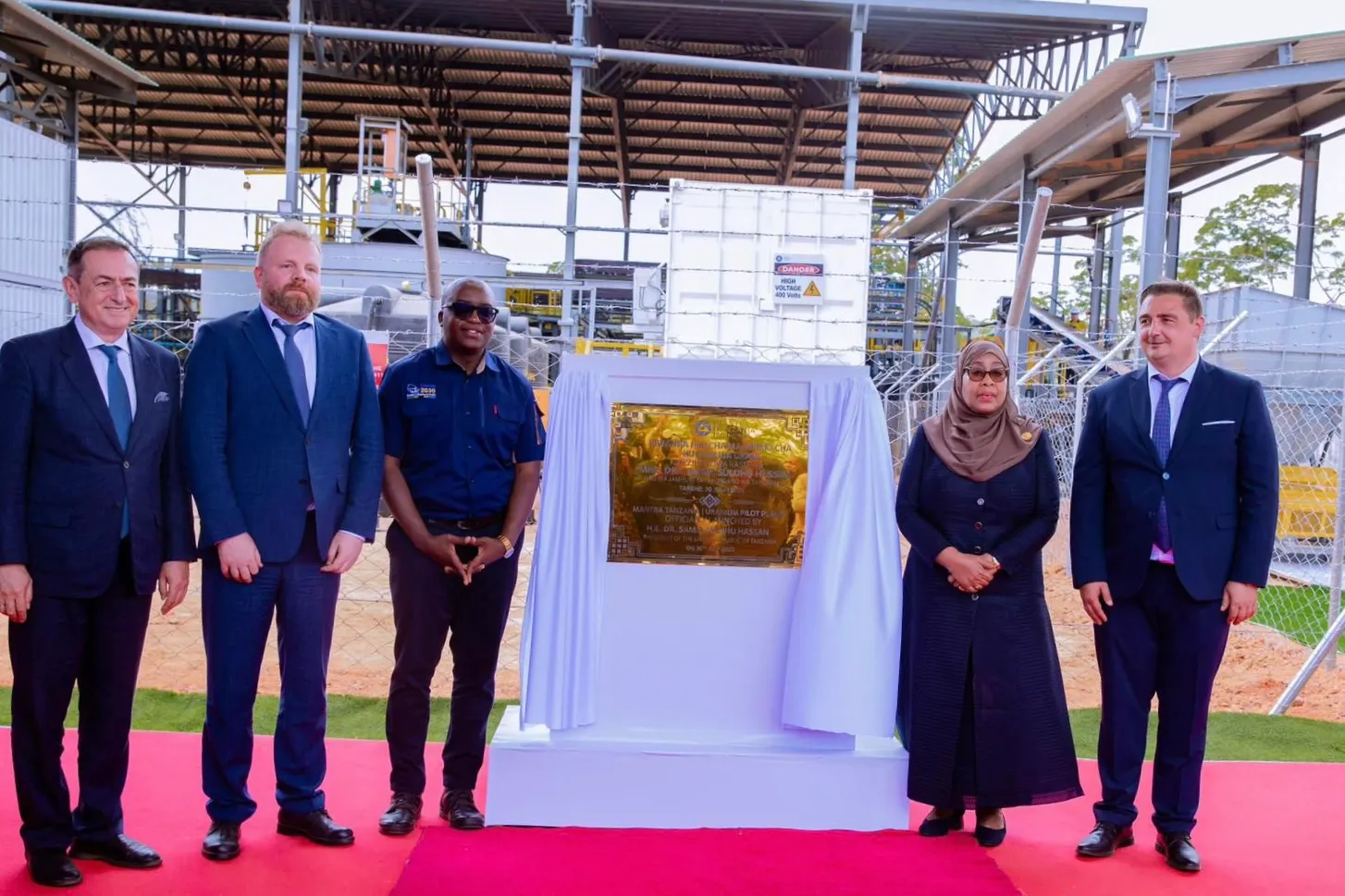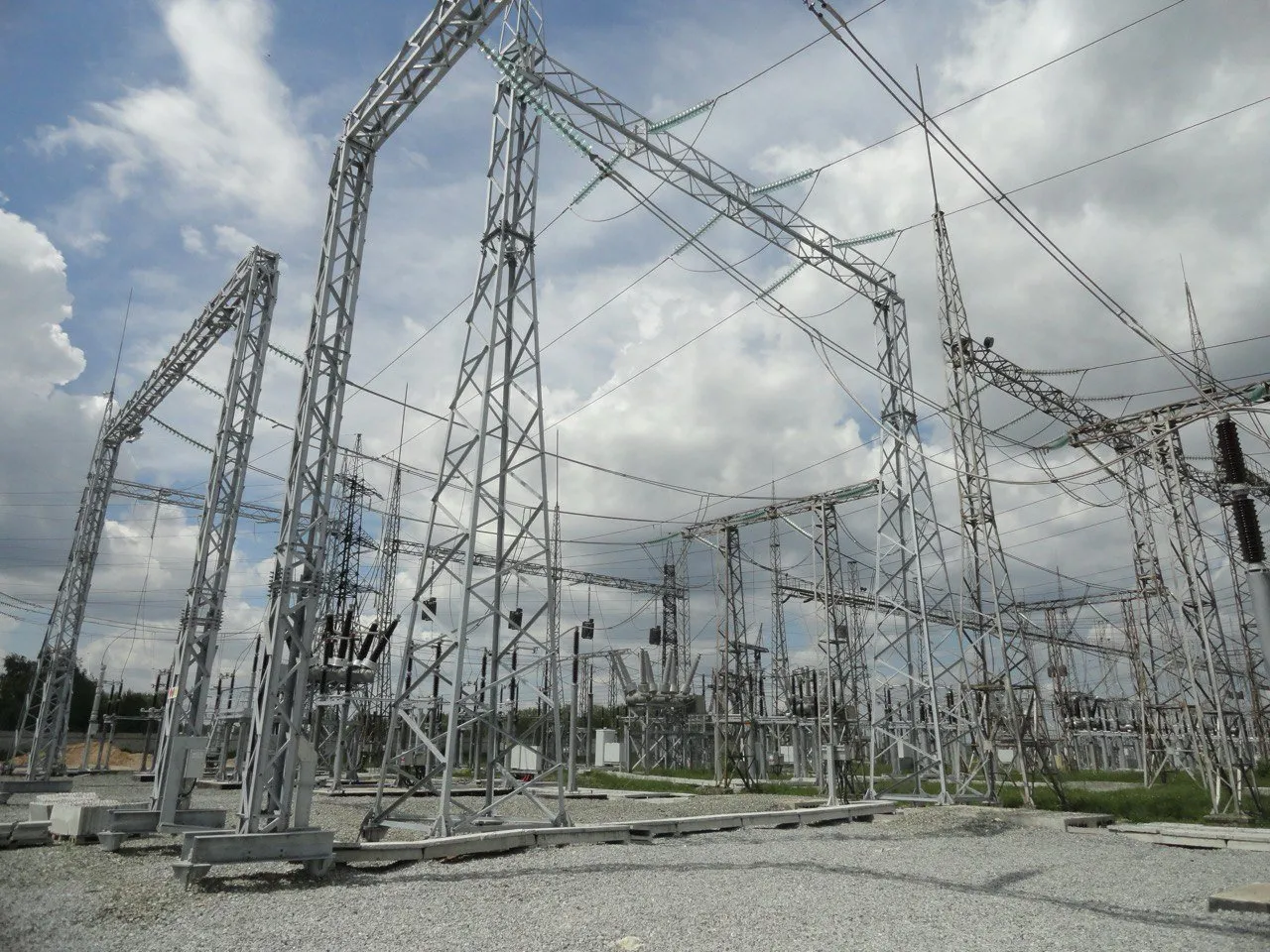Russia Deploys Advanced Uranium Processing Tech in Tanzania

Rosatom's pilot facility aims to transform Tanzania into a major uranium hub, with plans for a large-scale plant by 2029.
Mantra Tanzania Ltd., a subsidiary of Russia's state nuclear corporation Rosatom under Uranium One Group, has launched a pilot uranium processing plant at the Nyota deposit in Tanzania's Namtumbo region.
The pilot project is designed to test optimal uranium processing methods. Data collected from this facility will inform the design of a full-scale processing plant with a projected capacity of up to 3,000 tons of uranium per year. Construction is slated to begin in early 2026, with industrial operations planned for 2029.
Tanzanian President Samia Suluhu Hassan attended the launch ceremony alongside other government officials. Rosatom CEO Alexey Likhachev highlighted Russia's commitment to high environmental and social standards while fostering equal, cooperative partnerships:
The Mkuju River project is expected to create over 4,000 mining jobs and improve local infrastructure, including regional road networks.
Environmental protection measures include real-time ecosystem monitoring, a closed water supply cycle with full recirculation, and biodiversity conservation programs.
Uranium One Group, part of Rosatom, is a global leader in uranium production, with assets in Kazakhstan, Namibia, and now Tanzania. The company adheres to strict international safety standards and supports local communities in all areas where it operates.
The pilot plant launch marks a significant milestone in strengthening Russia's international partnerships in nuclear energy and boosting Africa's mining sector. In the long term, the Mkuju River project could enhance Tanzania's technological independence, attract foreign investment, and contribute to global uranium supply stability, a key factor in advancing cleaner nuclear energy worldwide.









































